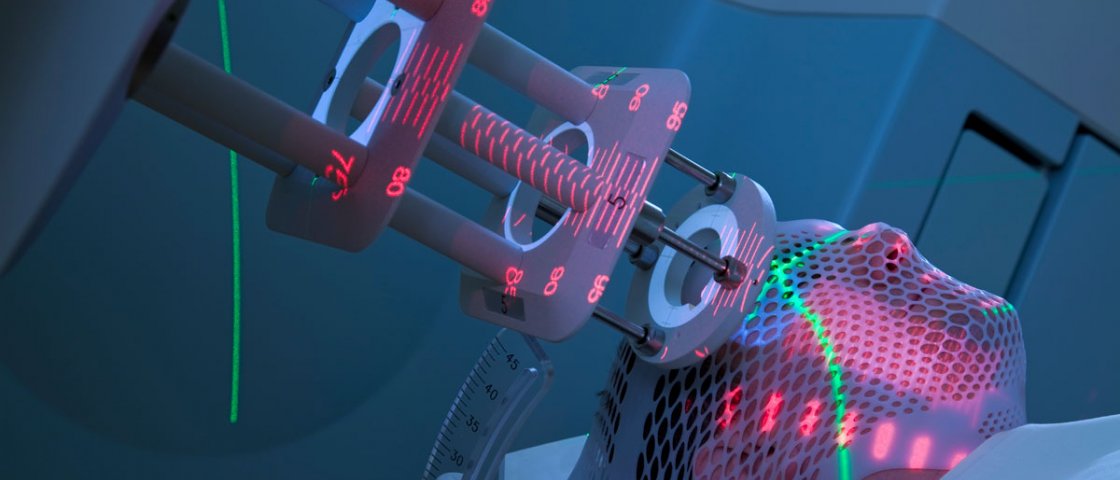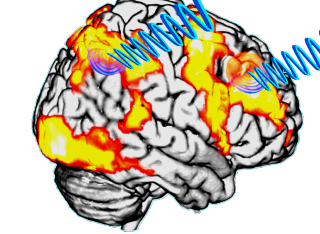
Technology to improve diagnostics, therapies and care
Researchers are investigating a range of technological solutions for health, from the role of sound recognition for assistive living and diagnoses, technology for sleep and circadian monitoring to the modelling of drug delivery through the skin.
Research collaborations and partners include Surrey health and medical sciences research groups, healthcare providers, the NHS, universities, businesses and research institutes.
Research projects
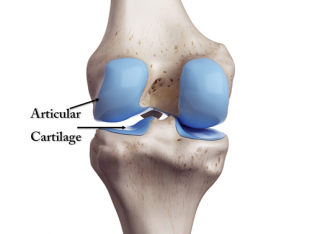
Generation of a novel in vitro system to investigate the effect of aging on the articular cartilage | Biomedicine | Musculoskeletal Biology
Mia Mohammed’s postgraduate research, supervised by Dr Giovanna Nalesso, examines the development and validation of a novel in vitro model to characterise the effects of aging on the composition and function of the extracellular matrix in the articular cartilage.

Computational analysis for cardiac rhythm abnormalities in horses | Clinical Physiology | Veterinary Medicine
Funded by the Petplan Charitable Trust and led by Dr Kamalan Jeevaratnam, this pioneering project involves the use of computational algorithms for the analysis of electrocardiograms taken from horses.
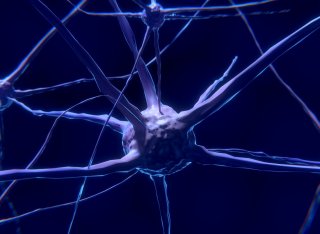
Development of a novel in-vitro model for cardiac ageing | Clinical Physiology | Veterinary Medicine
Dr Jeevaratnam has worked on developing an ECM in-vitro model that can be used to seed varying cardiac cell types (e.g. atria cells, ventricular cells, fibroblast) that will allow the study of the implications of an ageing scaffold on the physiological properties of these cells.
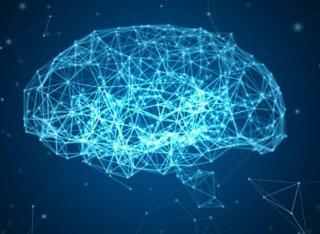
Creative Destruction: A Basic Computational Model of Cortical Layer Formation | Computer Science
Dr Roman Bauer's research focus on the computational modelling and analysis of biological dynamics, in particular those of the brain. He devises and analyses computational and statistical models of how tissue evolves (during development, degeneration or types of processing, e.g. cryopreservation), in order to better understand the system dynamics. @romanbauer111
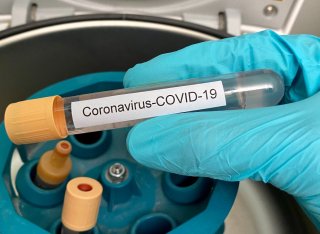
Rapid triage for COVID-19 using routine clinical data for patients attending hospital: development and prospective validation of an artificial intelligence screening test | Machine Learning for Healthcare
Dr Samaneh Kouchaki’s research objectives include developing intelligent tools, based on hybrid architectures of advanced probabilistic and deep learning techniques, that facilitate improved patient outcomes. Her research contributes to developing machine intelligence methods within the UK DRI Care Research & Technology Centre (CR&T).

Mathematical analysis of pharmaceutical interventions | Mathematics
Researchers are analysing mathematical models for PKPD (pharmacokinetic-pharmacodynamic) processes. Led by Professor Gianne Derks, they use different time scales to elicit information about potency, feedback, rebound, etc.
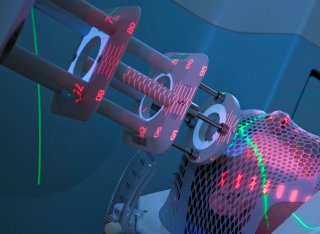
Imaging in radiotherapy and cancer | Medical Imaging
Professor Philip Evans leads collaboration with National Physical Laboratory in Medical Imaging and collaboration with Alliance Medical Limited and Royal Surrey to develop AI and imaging solutions for cancer. Aspects of this work include radiomics, AI in lung cancer and development of a biobank concept incorporating imaging and patient outcomes.
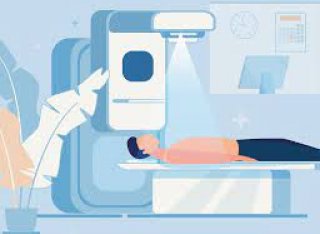
Biologically Optimized Radiotherapy for cancer treatment | Medical Physics
Activities include work on defining new biologically relevant dosimetric quantities, identifying biomarker for radiation sensitivities, use of high-Z nanoparticles to enhance radiation effects and DNA damage response. More recently, the group, led by Professor Giuseppe Schettino, is investigating the potential of using radiation for inhibiting virus for new faster and safer vaccine formulations.

Sentimental audio memories in dementia care | Music and Media
Researchers have demonstrated the value of recorded sounds for inducing positive mood changes, triggering memory and conversation in people with dementia and their family carers. The project, led by Professor David Frohlich, is examining soundscapes representing happy or peaceful memories. 2019-20.

Media Parcels: Facilitated media sharing to promote feelings of social connectedness in older adults | Music and Media
A team from Music & Media created and tested a novel media sharing system called Media Parcels for facilitating social connection between isolated older people and two close contacts. 2017-18.
Find out more
To join our Lifelong Health Network, share your research in this area or to find out more, please get in touch at lifelonghealth@surrey.ac.uk.
